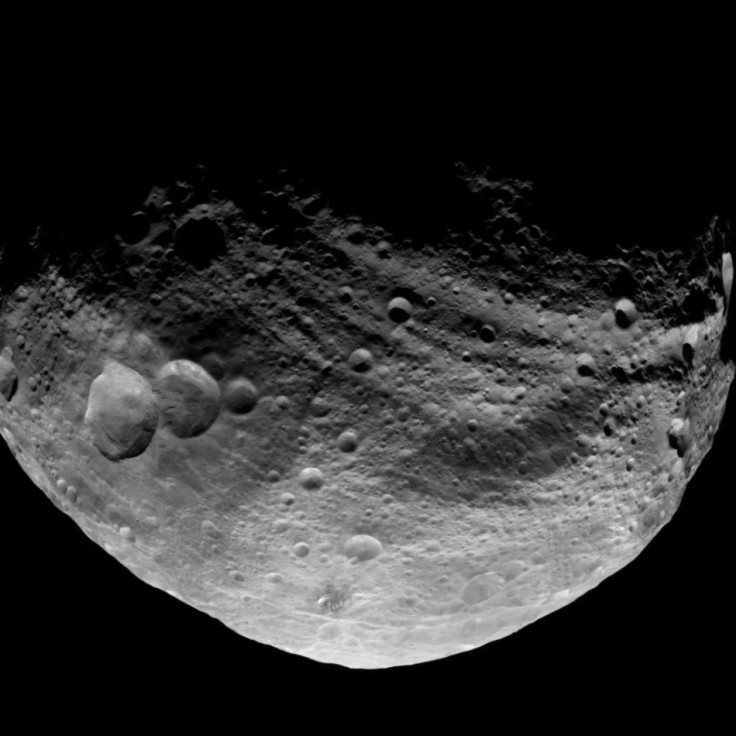NASA Meteorite Discovery Indicates Possibility of Life in Space

NASA researchers have discovered evidence suggesting that meteorites can carry certain DNA components actually created in space, indicating the possibility of extra-planetary life.
According to a report from NASA scientists have detected traces of "building blocks of DNA" for some time, with the first recorded case occurring in the 1960's. Until recently the DNA traces were assumed to have resulted from "contamination by terrestrial life," indicating that they came from another planet as opposed to space itself.
The researchers' findings were published in the online edition of the Proceedings of the National Academy of Sciences. The discovery was reportedly made after the scientists analysed samples of 12 carbon-rich meteorites.
The new research alleges that scientists discovered that the number of variations of nucleobases reaching Earth via meteorites was far higher than initially thought. Nucleobases are the building blocks of life's genetic material.
In their research, while studying the meteorites the scientists reportedly found deposits of adenine and guanine, both of which are components of DNA nucleobases.
The scientists also uncovered trace amounts of three nucleobase analogs molecules relating to nucleobases. Prior to this, in general the molecules were not thought to relate to biology, making their existence on the meteorites atypical of any terrestrial-based nucleobases.
Because of their atypical nature, the molecules discovery has been taken as evidence that the nucleobases came from space "not terrestrial contamination."
Astrobiologist Michael Callahan commented on the new discovery: "You would not expect to see these nucleobase analogs if contamination from terrestrial life was the source, because they're not used in biology.
"However, if asteroids are behaving like chemical 'factories' cranking out prebiotic material, you would expect them to produce many variants of nucleobases, not just the biological ones, because of the wide variety of ingredients and conditions in each asteroid."
The new discovery builds on NASA's previous Stardust mission findings. In it after examining samples of comet Wild 2 the space agency discovered traces of amino acids -- another key element for life.
© Copyright IBTimes 2025. All rights reserved.





















